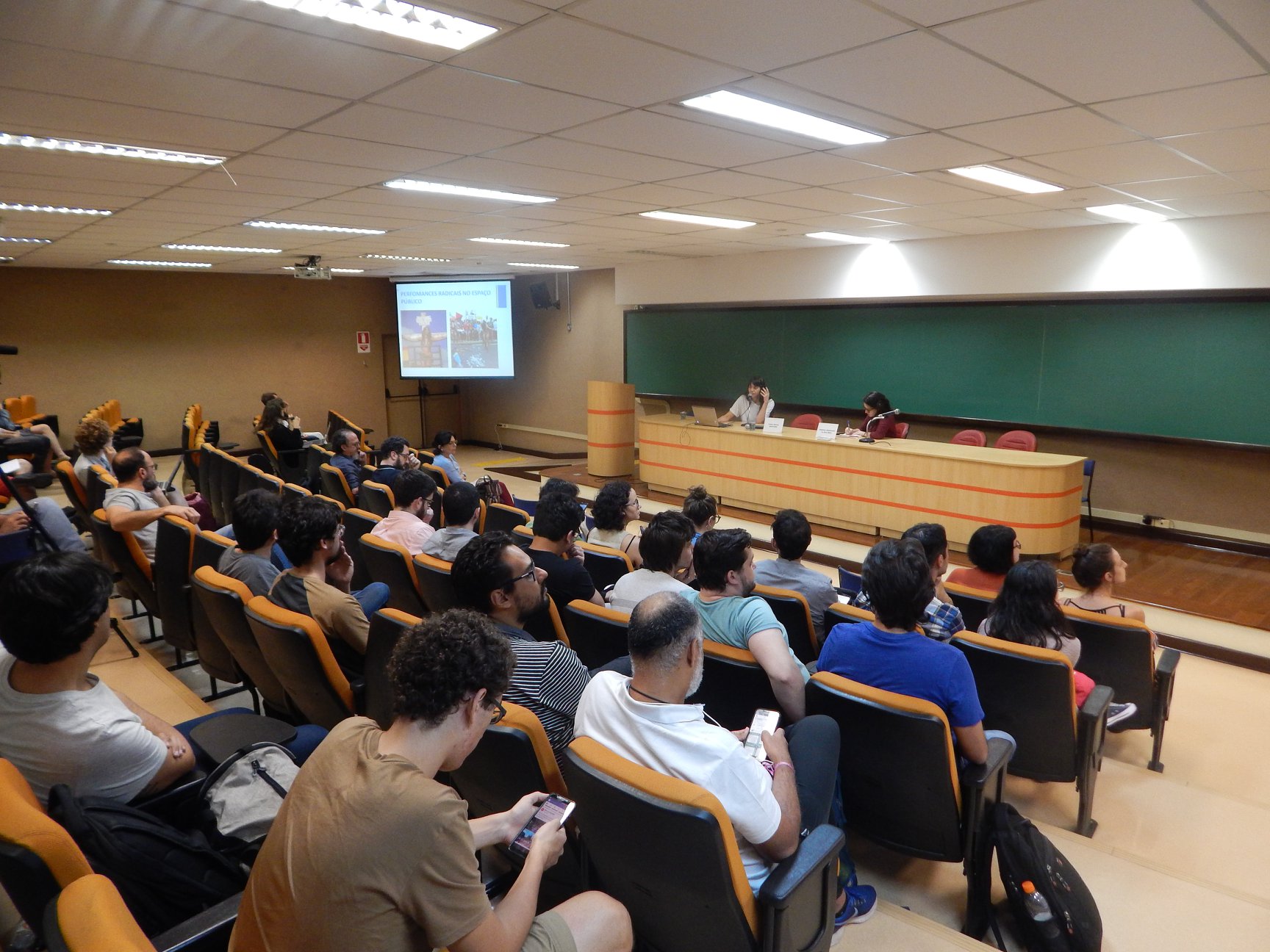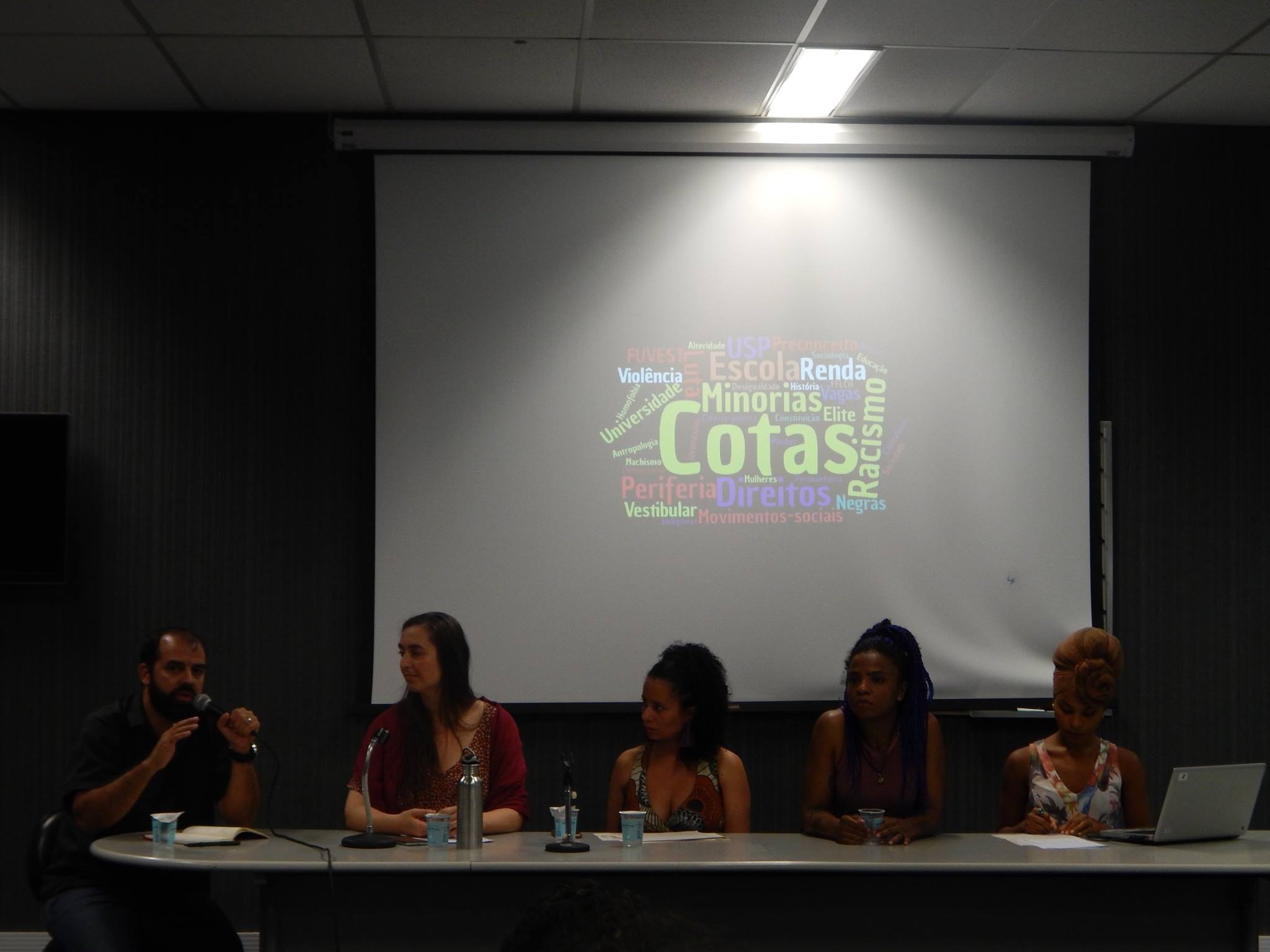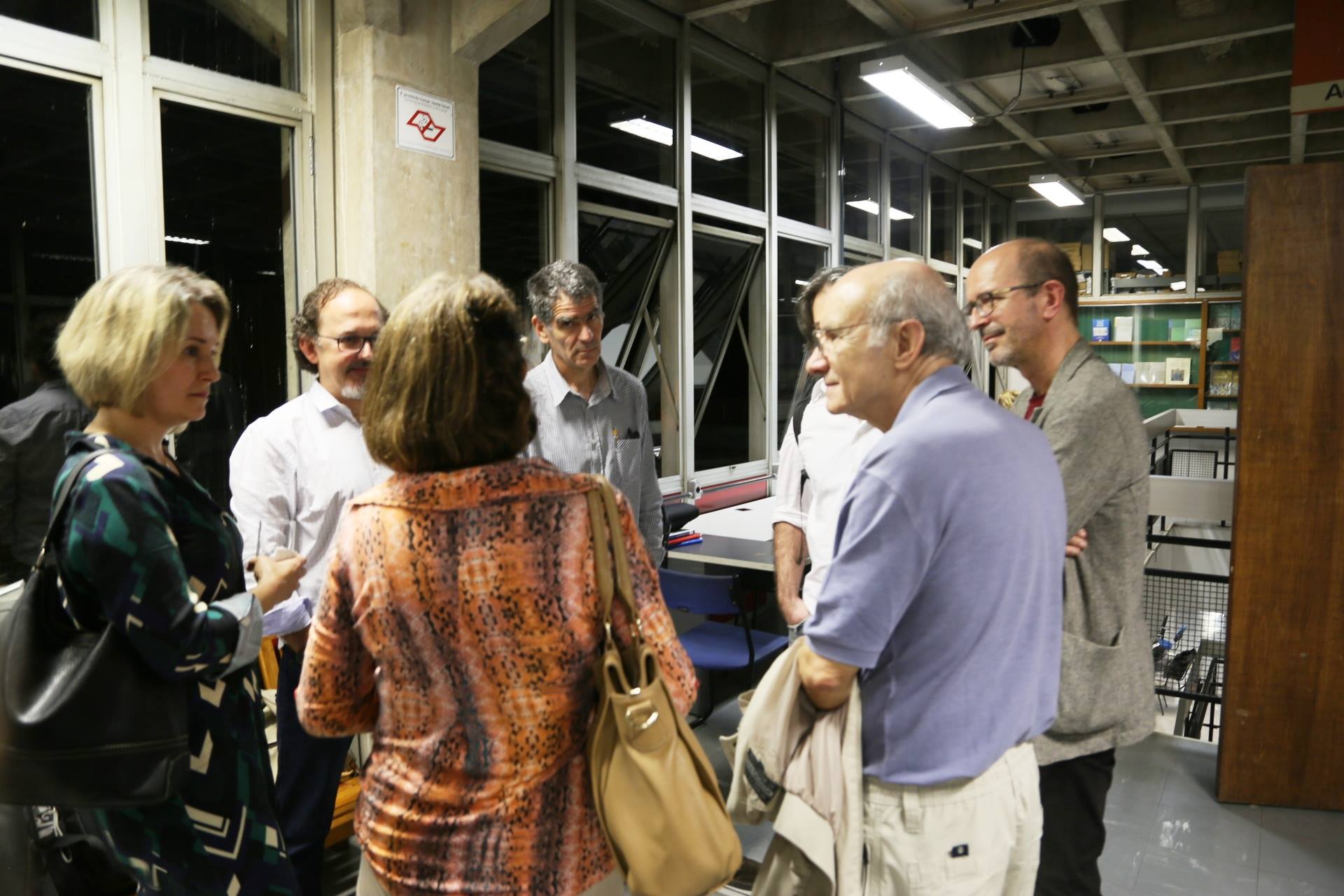The Graduate Program of the Department of Political Science at USP (DCP) was created at the end of 1973 and began its activities in 1974. In this period of almost fifty years, no less than 1,168 people passed through the Program, achieving success in the most important Brazilian universities, as well as others who will work in the government, in the market and in civil society organizations.
The Graduate Program of the Department of Political Science at USP (PPGCP/DCP) has contributed decisively to the training of faculty during the period of institutionalization of Brazilian social sciences and, more recently, to the expansion, professionalization and internationalization of political science in the country.

The Graduate Program of the Department of Political Science at USP is guided by high-level graduate training and innovative research in four lines of research associated with all traditional areas of Political Science: 1) political theory and political thought, 2) democracy, political institutions and society, 3) public policy and 4) international relations. In doing so, it stimulates interdisciplinary research, dialoguing with related areas, such as law, economics and history.
The Program focuses on three main fronts:
1. Intellectual production and Internationalization.
The Program's professors have high levels of intellectual production (see "Publications" tab for a list of recent publications) and are responsible for coordinating numerous research programs (see "Research in progress" tab) at national and international levels. The program guarantees the training of high-quality researchers in the four basic lines on which it is structured today, through a set of incentives capable of sustaining high-level intellectual production. The structuring of the local environment for intellectual production and for the welcoming of visiting professors and foreign students, international activities such as internships, the ‘sandwich’ scholarship, student participation in events, alongside new initiatives such as the organization of international events for methodological training at USP, are all initiatives that ensure the internationalization of the Program.

2. Student education and training
Student training is encouraged with a strong emphasis on methods, techniques and theories, in an internationalized environment of research, work and scientific development. An example of this is the Department Seminar (see the 'events' tab for more details), which has been a formative experience in the Program for many years. Another initiative is the ‘Graduate Student Seminar in Political Science', which reached ten years of age in 2020, and is aimed at the public presentation of students' work, providing experience in presentation and debate, as well as the circulation of knowledge between professors and students, between program lines and with the participation of external debaters. The award-winning texts by young political scientists trained by the Program and presented in several editions of the 'Seminar' were gathered in the collection “The New Science of Politics”, available free of charge on the website (see Pós tab, 'Presentation'). Finally, we cannot forget the Summer School on Concepts, Methods and Techniques in Political Science, run by the International Political Science Association in collaboration with the Graduate Program (http://summerschool.fflch.usp.br/).

Corpo docente do DCP
3. Social embeddedness, external impacts and institutional academic cooperation.
The Program has its eyes equally focused on the external impacts of this production and the role of cooperation, within the broader community, for the development of political science itself. The Program's professors are active in projects, proposals and activities that have a high social and political impact, not just academic impact. In some cases, this implies projects and activities linked to formal agreements with public institutions, partnerships with organized civil society and, more generally, participation in the formulation and implementation of public policies.


